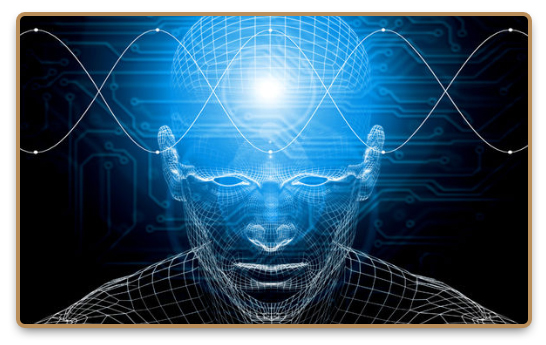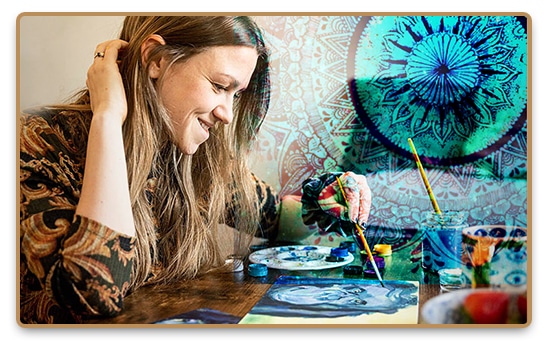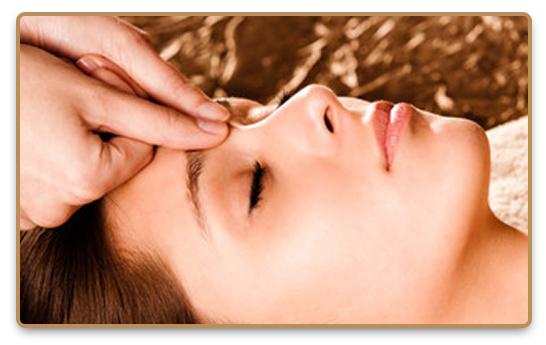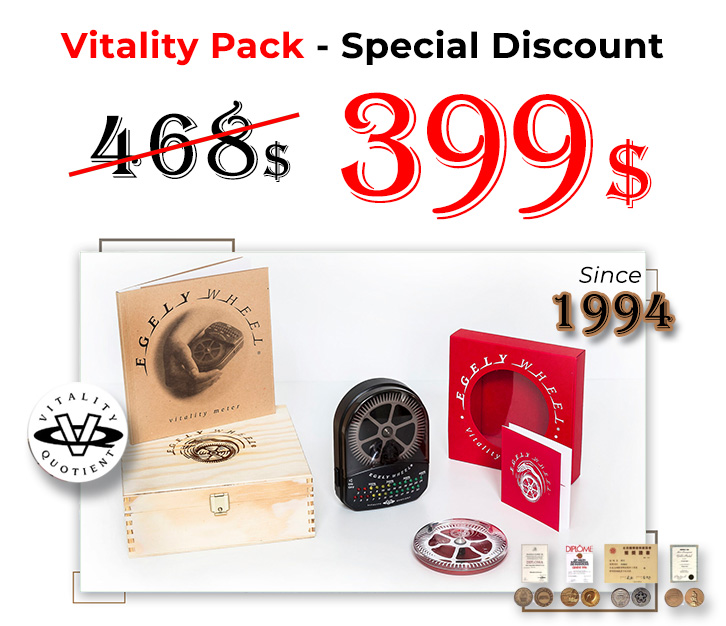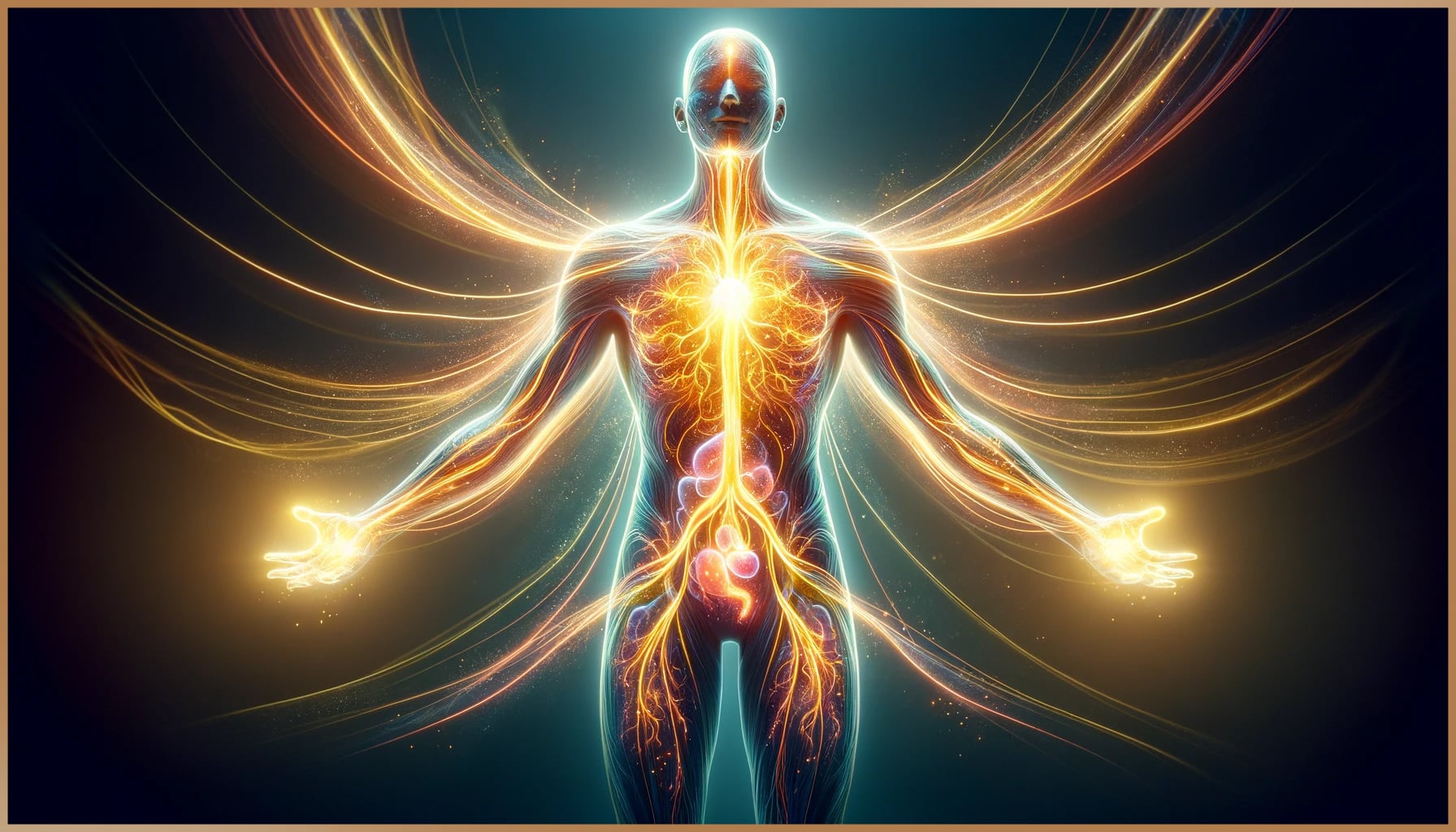
03 Feb A Scientific Energy Healing Tool: The Egely Wheel
Energy Healing in the realm of holistic health and wellness represents a significant stride towards achieving balance, harmony, and rejuvenation. This ancient art, embracing a multitude of practices from Reiki to Qi Gong, operates on the foundational belief that the human body is not just a physical entity but a complex tapestry of energy flows and vibrations which we aim to unravel in this article, shedding light on its principles, practices, and profound impact on our wellbeing.
Amidst the diverse tools and techniques employed in the field of energy healing, the Egely Wheel, developed from years of meticulous research and a deep understanding of bioenergy, emerges as a revolutionary device, promising to transform the way energy therapists perceive and interact with the human energy field.
We will introduce you to the fundamental concepts and methods that define this practice and also to the remarkable capabilities of the Egely Wheel. By integrating this cutting-edge tool into their practice, energy healers can gain a more profound understanding of their craft, offering transformative experiences to those seeking physical, emotional, and spiritual healing.
Overview of Energy Healing
What is the foundational concept that underlies an energy healer’s practice? It is the delicate and complex interplay between our physical, emotional, and mental well-being and the balance of our body’s energy fields, which knowledge they put to practice. Healers share a common goal: dedicated to bringing harmony to the energy flow within our body and mind, they don’t only tap into but enhance the body’s inherent capacity for self-healing. The varying techniques used by them are drawn from a rich blend of traditions and reflect the breadth and the depth of energy healing.
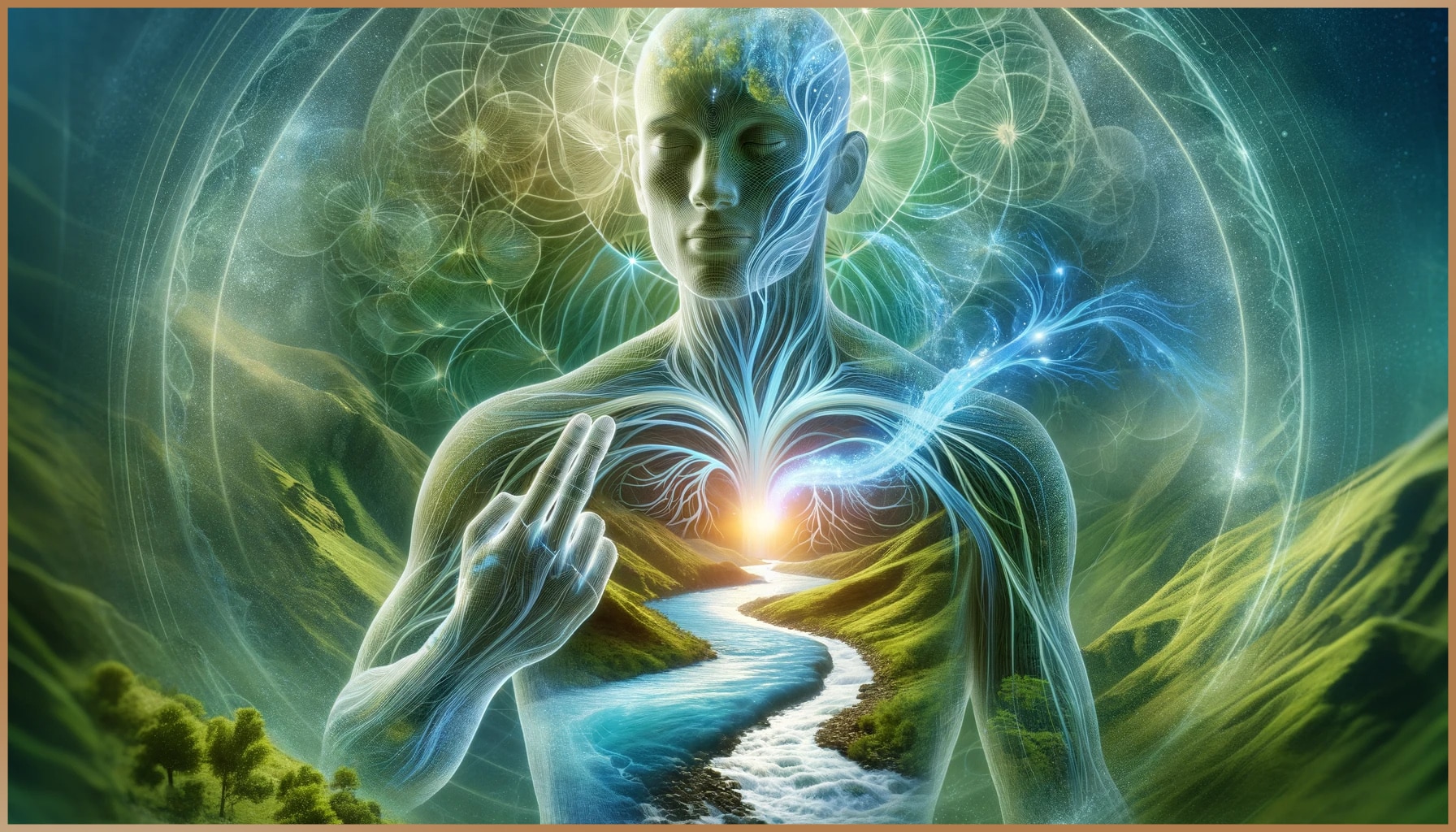
First of all, there is Reiki Healing, where more positive energy is channeled to the patient by the healer to amplify natural healing processes. Besides, Pranic Healing delves into ancient wisdom, cleansing and invigorating the vital ‘prana‘ to nurture overall health. I should also mention Acupuncture and Acupressure which are grounded in the principles of traditional Chinese medicine and skillfully addresses imbalances in the flow of qi energy. In Chakra Healing, healers engage with the body’s seven primary energy centers each of which resonate with distinct physical, emotional, and spiritual dimensions.
Let’s not forget about the more modern Quantum Healing and the copyrighted Theta Healing, too. The former applies the principles of quantum physics in healing, the latter uses the Theta waves to treat various forms of ailments. We can even use the power contributed to the different crystallized minerals for healing our body and mind, as Crystal healers do. Last but not least, Qigong focuses on all aspects of health, including exercise, meditation, diet and, of course, no-touch energy healing to cultivate ‘qi’ energy. Simply put, healers are working on promoting holistic well-being by leading us to an improved health and vitality.
Brief overview of the most popular styles of Energy Healing.
The 30-Year History of the Egely Wheel
The Egely Wheel’s story, spanning over three decades, is a proof to the intersection of science and holistic wellness. It was developed by Dr. George Egely, a physicist and a curious mind who was motivated by the challenge of measuring the elusive and often subjective life energy emanating from the human body. In his quest to quantify and interact with these human energy fields, he has spent decades doing scientific research into life energy, also known as bioenergy.
The Egely Wheel, with a 30-year history behind it, has stood the test of time. To begin with, it serves as a bridge between the tangible and intangible aspects of energy healing. Besides, it makes an outstanding contribution to both the scientific understanding and practical application of energy work.
The great strength of the Egely Wheel lies both in its ability to detect and display the presence of life energy and in its practical usage in various settings, from personal energy monitoring to professional practices in energy healing. This innovative device is sensitive enough to react to the subtle energy outputs from human hands. What has made it a beloved energy healing tool among practitioners and enthusiasts, was its sensitivity and reliability, offering a tangible way to gauge their actual energy levels and the effectiveness of their techniques.
What is Egely Wheel? Find out here.
The Egely Wheel as an Energy Healing Tool
As for energy healing, the Egely Wheel can play a significant role in measuring and understanding one’s vitality quotient (VQ), offering new insights into one’s overall bioenergy or life energy level. Unlike the relatively stable nature of intelligence quotient (IQ) measurements, VQ is a dynamic parameter that can fluctuate considerably and is influenced by various factors. These factors encompass not only physical aspects like tiredness, weather conditions, and illness but also psychological and emotional states such as nervousness and worries.
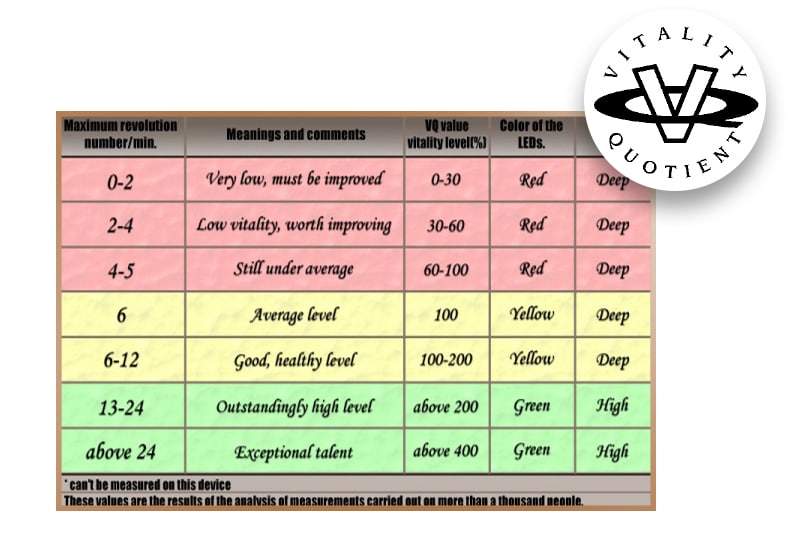
The Egely Wheel allows people to check their vitality level by measuring the revolutions per minute (RPM) when placed close to the hands, which is the most practical way, but this device can detect life energy near the elbows, knees, legs, or above the head, too.
Most people need close proximity for accurate readings, but there are some with exceptional abilities who can influence the wheel’s rotation even from a distance using their energy. Such unique capabilities are a testament to the intricate connection between our vital force and our surroundings.
Typically, the benchmark for an average person’s vitality level stands at around 6 RPM, representing 100%. Deviations from this baseline provide valuable information about one’s vitality quotient. For instance, a VQ of 150% signifies a vitality level of 9 RPM, indicating above-average energy, while a 50% VQ equates to a vitality level of 3 RPM, falling below the average threshold.
Please note that both the VQ value and the sustainability of their life energy level matter. Certain people are able to keep a high RPM going for a long time, while others, in contrast, become tired quickly. And for this very reason, frequent measurements are not encouraged.
The Egely Wheel as an energy healing tool has been produced with the aim of guiding individuals towards making positive lifestyle changes to be more energetic and ambitious in their daily lives. In essence, it reminds us to prioritize our health and well-being and take necessary steps to bring our vitality back to at least the average level when it temporarily falls below 100%.
The Experience of Energy Healing: a Step-by-Step Guide
The Egely Wheel’s integration into energy healing practices can be recommended for two reasons: firstly, it enhances the overall experience, secondly, it also bridges the gap between the metaphysical and the measurable.

Energy work might take on a quantifiable aspect to help demystify the process and bring a new level of credibility and exploration to the field of energy healing. For those new to the concept, experiencing energy healing can be a journey into the unknown, which maybe they’ll find personally cathartic.
Typically, an energy healing session involves the following steps:
The most important thing is that case studies and anecdotal experiences from users of the Egely Wheel lend support to its effectiveness and versatility. Practitioners have reported more targeted and efficient healing sessions, as they can quickly identify energy imbalances and monitor improvements. Clients have expressed a deeper understanding and awareness of their own energy, leading to a more engaged and proactive approach to their health and wellbeing.
1. Client Consultation
The practitioner begins by discussing the client’s health, emotional state, and specific concerns. This conversation helps to tailor the session to the client’s needs and set intentions for the healing process.
2. Creating a Relaxing Environment
The practitioner prepares a calm and comfortable space, often using elements like soft lighting, gentle music, and aromatherapy. This environment helps the client to relax deeply and become more receptive to the healing process.
3. Grounding and Centering
Before starting the energy work, both the practitioner and the client engage in grounding exercises, like deep breathing or visualization. This helps to establish a stable and focused energy field. Before treatment it’s worth using the Egely Wheel to find out the patient’s current life energy level at which the session begins.
4. Energy Assessment
The practitioner senses or scans the client’s energy field to identify imbalances or blockages. Techniques like hand hovering or using pendulums may be employed to assess the energy flow.
5. Energy Channeling or Manipulation
The practitioner uses various techniques such as hands-on healing, reiki, or visualizations to channel or redirect energy. The aim is to remove blockages and promote optimal energy flow throughout the body.
6. Chakra Balancing
In many energy healing practices, balancing the chakras (energy centers) is a key component. The practitioner focuses on each chakra, often using specific techniques to align and harmonize them.
7. Integration and Rest
After the active healing, there’s a period of rest where the client remains still to integrate the changes in their energy field. The body and mind has enough time to assimilate the healing effects and the individual slowly becomes aware of their surroundings. They may often feel rejuvenated, peaceful, and balanced. Both the practitioner and the client might find the Egely Wheel particularly handy to see how effective the session was by measuring the client’s post-treatment life energy level.
8. Feedback and Aftercare Advice
The session concludes with a discussion where the client shares their experiences and feelings. The practitioner may offer advice on aftercare, like hydration, rest, or mindfulness practices, to support the healing process.
The immediate feedback on their energetic state and progress by the Egely Wheel has a dual purpose: it’s beneficial for the practitioner’s methodology and reinforces the client’s confidence in the healing process, as they witness a visual representation of their energy changes.
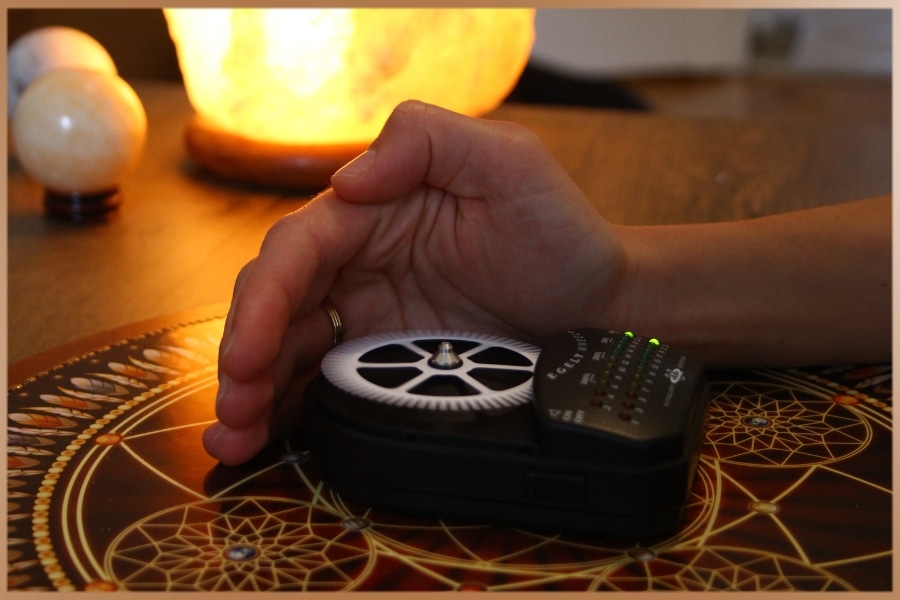
Measuring Your Life Energy Flow
Be ready to join the growing ranks of those who have already benefited from the Egely Wheel in their everyday lives.
The Potential Role of the Egely Wheel in Energy Healing
The beauty of energy healing lies in its gentle approach which makes it a non-invasive yet potentially powerful way to enhance both physical and mental health. It’s a holistic experience that nurtures the body, soothes the mind, and uplifts the spirit.
In this fascinating and dynamic world the Egely Wheel stands as a revolutionary tool. We encourage practitioners to explore its potential and to consider integrating it into their practice, experiencing firsthand how this energy healing tool can improve their healing work. Embrace the Egely Wheel’s unique ability to visualize and measure bioenergetic fields, and join the forefront of those advancing the art and science of energy healing.
Discover more types of Healing
-
Theta Healing: All About The Power of Theta Waves
Theta healing is a treatment developed by philosopher Vianna Stibal that uses theta waves to treat a myriad of ailments instantly. Learn more...
-
Spiritual Healing: Using Faith in a Higher Power
Spiritual healing can describe a wide number of healing practices including faith healing, spiritual cleansing, and intercessory prayer. Learn more...
-
Shiatsu: The Japanese Finger Pressure Therapy
Shiatsu is a form of massage originating from Japan where one applies pressure to acupoints in our body’s vital energy system. Learn more...

